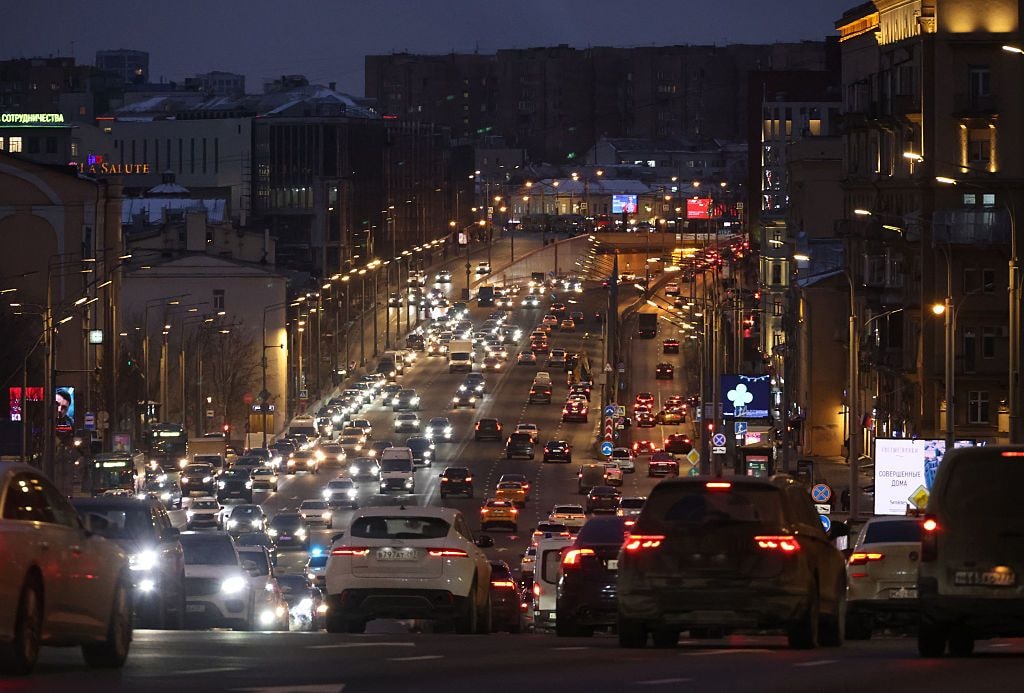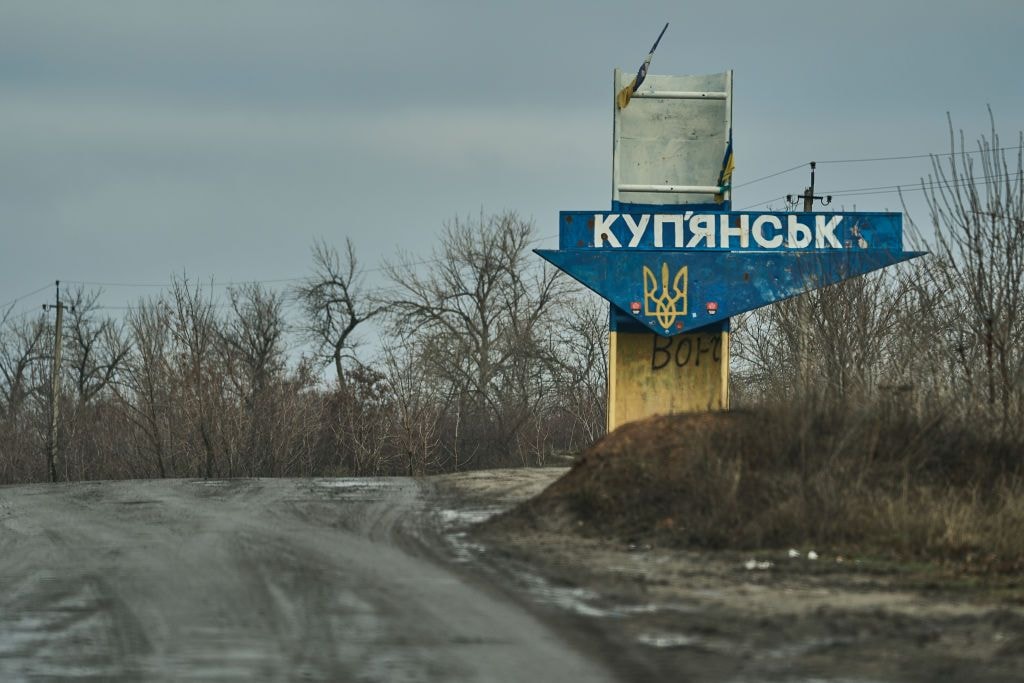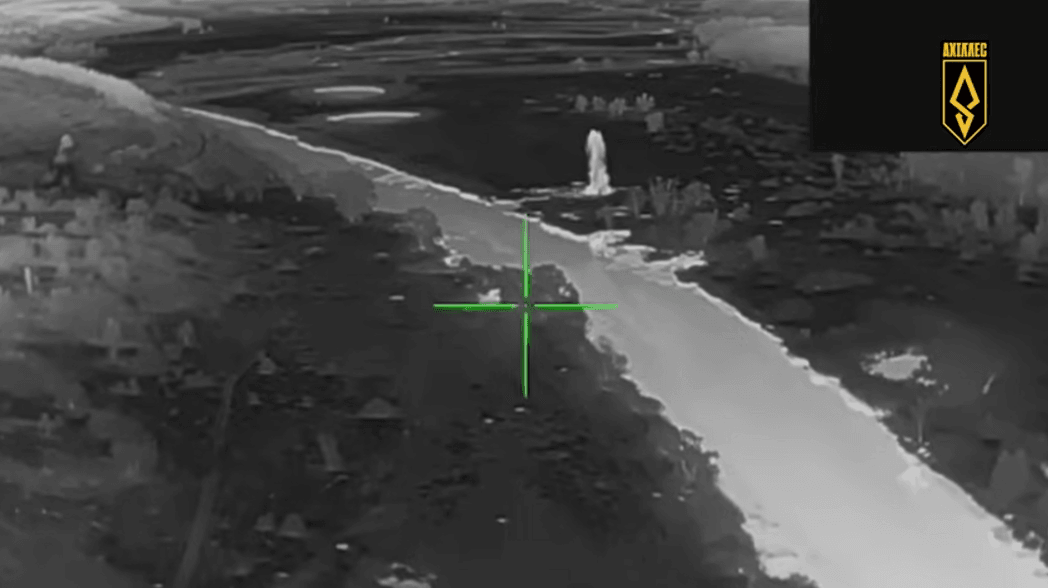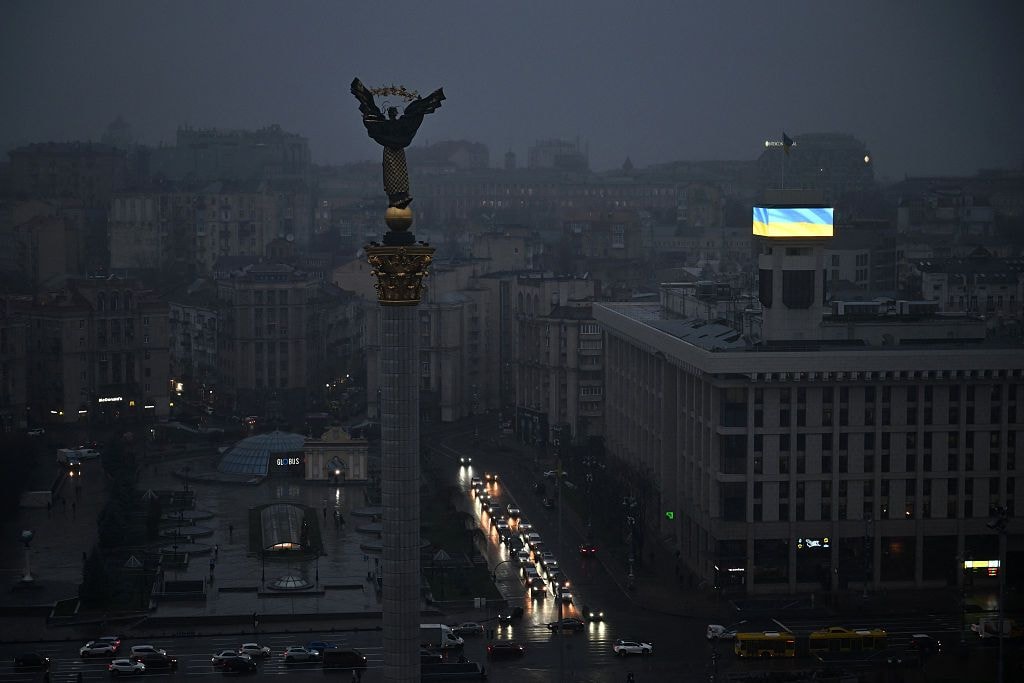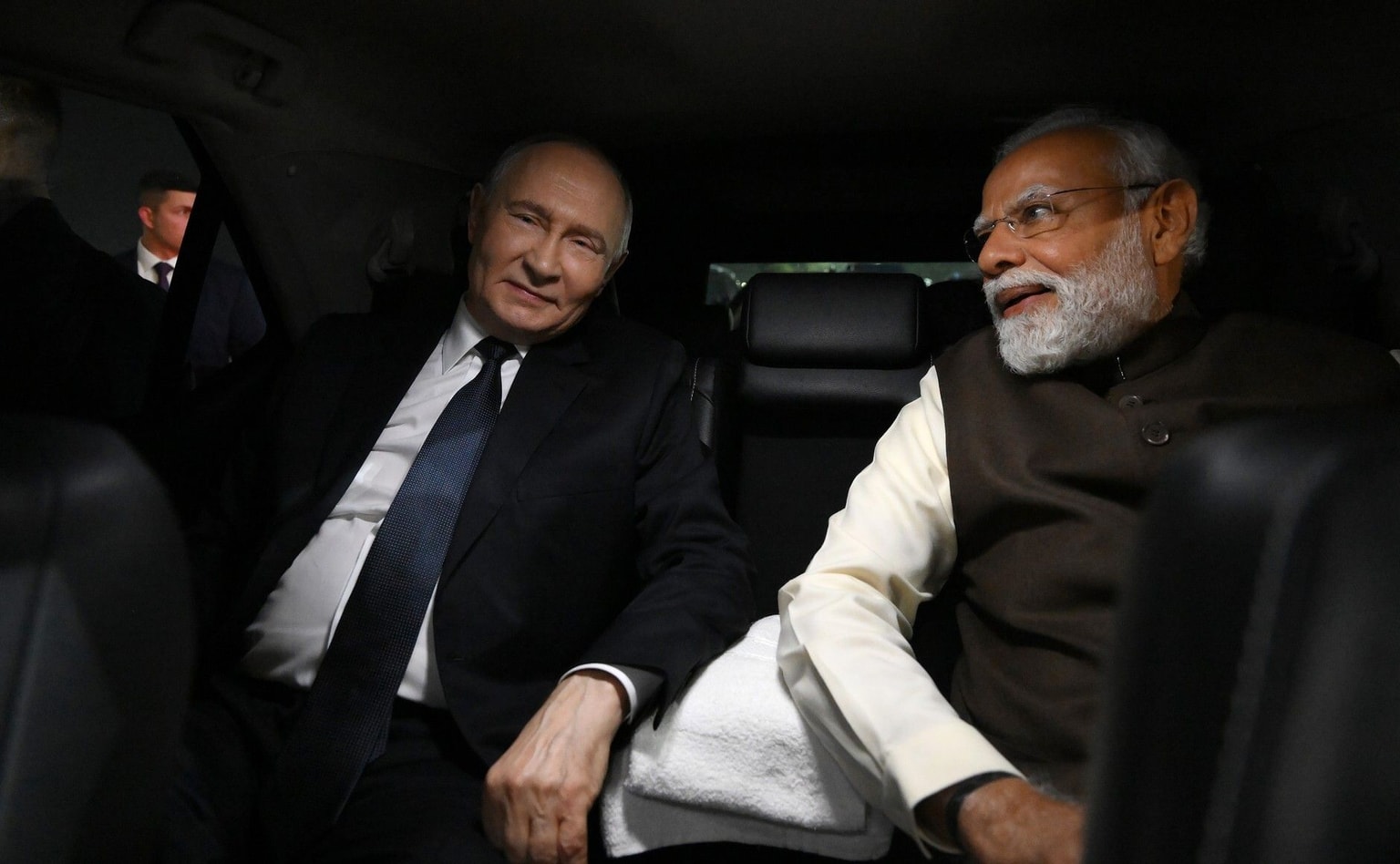A study published by the NGO GLOBSEC in late May shows that despite the Hungarian government's history of repeated anti-Ukrainian statements, 90% of Hungarians believe that it is necessary to continue supporting Ukrainian refugees amid Russia's full-scale war.
The GLOBSEC study posed several questions about the war in Ukraine to people in Poland, Lithuania, Latvia, Czechia, Romania, Hungary, Bulgaria, and Slovakia. According to GLOBSEC, the findings of the study suggest that Hungary is "more dynamic than it may seem."
Ninety percent of Hungarians surveyed believed that it is important to continue supporting Ukrainian refugees, while 41% were of the conviction that Ukrainian refugees receive assistance "at the expense of" members of Hungary's population that need it more.
Despite the Hungarian public's overall support for refugees, only 54% of those surveyed agreed that economic sanctions against Russia worked and should be kept in place until its soldiers withdraw from Ukraine.
Twenty-seven percent of Hungarians also perceived Russia as a strategic partner, as opposed to 35% in 2022.
Additionally, 48% of Hungarians believe that Russia poses a security threat, while 38% believe it poses a threat to their identity and values. However, the latter statistic rose from 32% in 2022.
Eighty-nine percent of Hungarians still support being a member of NATO and 77% believe that being a member of the military alliance safeguards them against attacks by other nations.
The Hungarian public's waning trust in Russia stands in contrast to the repeated anti-Ukrainian statements made by Hungarian officials.
Hungarian Prime Minister Viktor Orbán sparked incited criticism in mid-April for his comment that Ukraine was a financially "non-existent" country due to its reliance on aid from other countries to support itself during wartime.
Orbán and other Hungarian officials have also repeatedly spoken out against the so-called discrimination of Hungarian minorities in western Ukraine, despite local officials rebuking those claims.
Hungarian lawmaker Dóra Dúró told Russian newspaper Izvestiya in late April that Ukraine granting territorial autonomy to Zakarpattia Oblast and other regions with ethnic non-Ukraininian populations would be a "step in the right direction."



